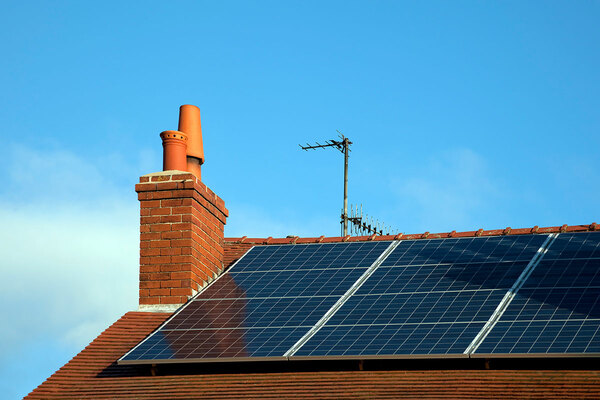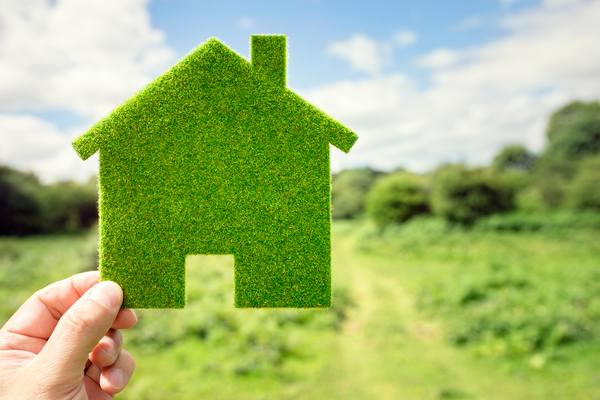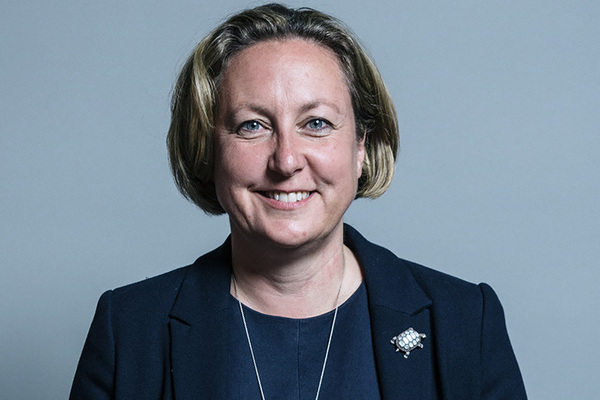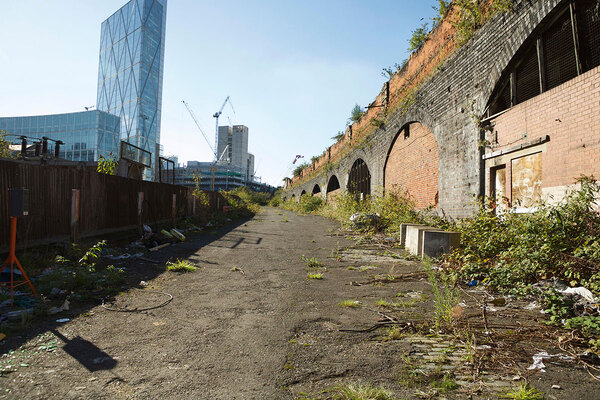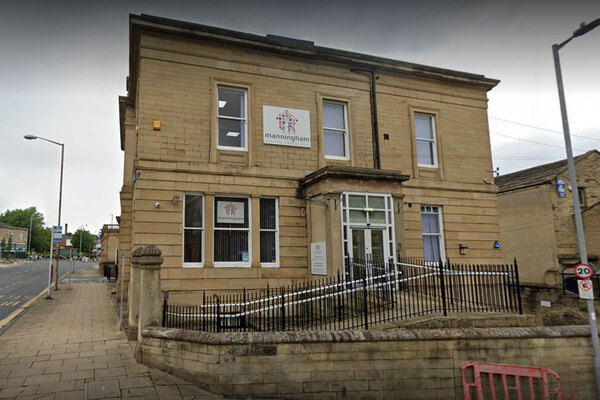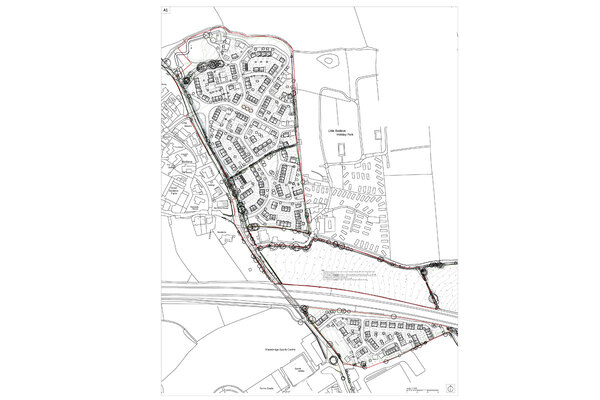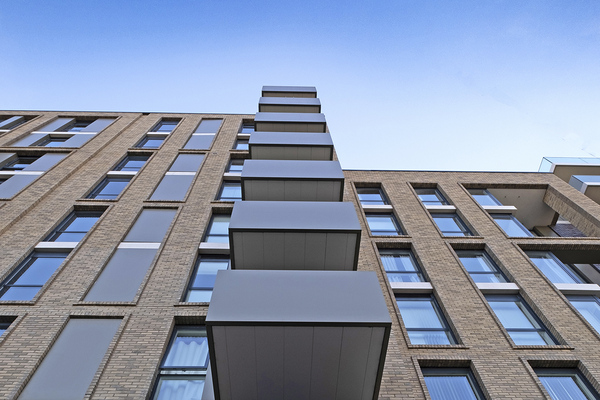You are viewing 1 of your 1 free articles
Energy White Paper: key housing announcements at a glance
Today the government published its Energy White Paper, which lays out how the UK will transition to green energy sources ahead of its 2050 net zero target. Inside Housing explains how the proposals will impact the housing sector
According to today’s Energy White Paper, buildings are currently the second-largest source of emissions in the UK, while 90% of homes in England use fossil fuels for heating, cooking and hot water.
If the government is to deliver on its 2050 net zero carbon target, carbon emissions from domestic and commercial buildings will have to be largely eliminated over the next 30 years.
The white paper lays out how the government plans to begin transitioning housing to clean energy over the next decade. Here Inside Housing picks out the main proposals that are likely to impact the UK social housing sector.
New buildings
The government has already made it clear that it hopes to ensure new homes are “zero carbon ready” through the introduction of a Future Homes Standard.
As previously announced, this standard will ensure that new builds do not rely on fossil fuel heating systems, such as gas boilers, and instead use clean technologies such as air source heat pumps.
In today’s white paper, the government did not provide an exact date for when this standard will be introduced, but said it hopes to publish a roadmap “as soon as possible”.
It will also soon publish a 2019 consultation on the Future Homes Standard, which suggested that the standard would be introduced in 2025.
The government has also said it will consult on whether it is appropriate to stop new builds from being connected to the gas grid from 2025.
Existing homes
In today’s white paper, the government has reiterated its commitment that as many existing homes as possible must reach a target of EPC C by 2035 (2030 for social housing).
It plans to partly deliver this through its £2bn Green Homes Grant scheme, which gives homeowners vouchers to carry out energy efficiency upgrades and provides local authorities with funding to support upgrades for low-income households.
This year, the government has also allocated £50m for social housing retrofit pilots, with a further £60m allocated for the retrofitting of social housing next year.
In addition to this funding, the government has said it will consult on regulatory measures to improve the energy efficiency of owner-occupied homes and is currently consulting on how mortgage lenders could support homeowners to make these improvements.
Fuel poverty
The government has made a number of commitments, which it says will help ensure that those living in fuel poverty “will be amongst the first beneficiaries of the energy transition”.
First, it has reaffirmed its commitment to reviewing the Decent Homes Standard, to establish how it can support the government’s ambition that all homes meet EPC band C by 2035.
A Fuel Poverty Strategy for England will also be published early next year, which will set out the government’s plan to end fuel poverty in the context of net zero emissions and the country’s recovery from the COVID-19 pandemic.
In another move to support households struggling with energy bills, the government will extend the Energy Company Obligation (ECO) from 2022 until 2026.
The ECO is an obligation on larger energy companies to provide energy efficiency and heating measures for eligible households, such as those receiving certain benefits or living in the least fuel-efficient social housing.
Also to be extended until 2026 is the Warm Home Discount Scheme, which provides one-off payments of £140 to those on the government’s Pension Credit scheme, as well as some people receiving Universal Credit or other benefits.
Clean heat technology
In order to achieve net zero, the government has said it will need to transform completely away from natural gas boilers. The government said it expects that by the mid-2030s all newly installed heating systems will be “low-carbon or… appliances that we are confident can be converted to a clean fuel supply”.
As previously mentioned, the government will consult on whether it is appropriate to end gas grid connections to new homes being built from 2025.
It will also aim to grow the installation of electric heat pumps from 30,000 per year to 600,000 per year by 2028. This will partly be facilitated by the introduction of a Clean Heat Grant, which will be launched in 2022 and will build on the work being carried out as a result of the Green Homes Grant.
In early 2021, the government has said it will also consult on policy approaches to underpin the development of the UK heat pump market.
To support the use of green gas, the government will increase the proportion of biomethane, the only green gas commercially produced in the UK, in the gas grid.
Meanwhile, the government has said it will also work in partnership with industry to evaluate hydrogen as an option for heating homes, including developing plans for a possible hydrogen pilot town by the end of the decade.
In advance of any strategic decisions on the use of hydrogen, the government will consult on requiring new gas boilers to be readily convertible to hydrogen in preparation for any future conversion of the gas network.
Finally, the government is committing £122m towards a new heat network transformation programme, which will deliver low-carbon heat networks, particularly focusing on the recovery of waste heat and the use of heat pumps.
The government also intends to legislate in this parliament for the regulation of heat networks, requiring networks to switch to low-carbon fuel sources as part of a natural replacement cycle.
A heat network, which is often referred to as district heating, is a system of pipes that take heat and cooling from a central source and distribute it to a number of domestic and non-domestic buildings.
Sign up for our Week in Housing newsletter
Already have an account? Click here to manage your newsletters
